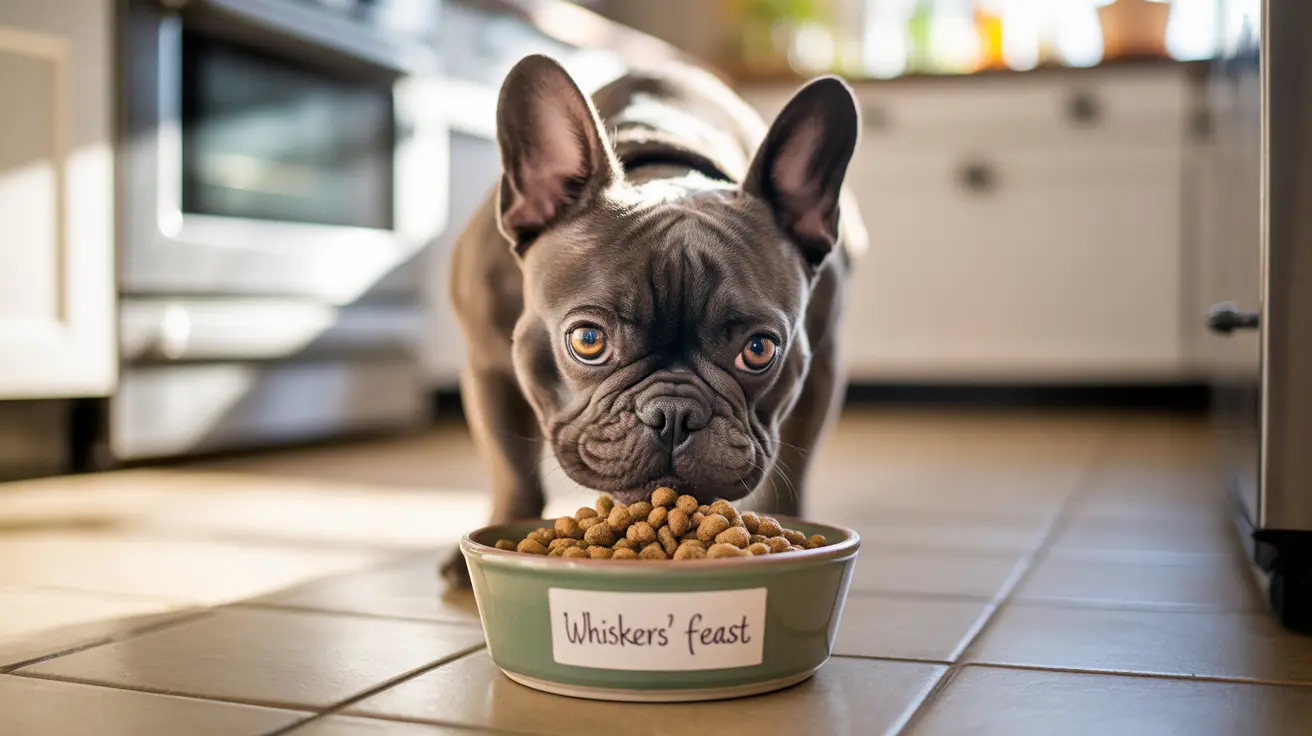Understanding the Dangers of Dogs Eating Cat Food
Many dog owners have caught their furry friends sneaking a bite of cat food and wondered about the potential consequences. While a single instance of eating cat food typically won't be fatal for dogs, regular consumption can lead to serious health complications. Understanding the risks and differences between dog and cat nutrition is crucial for keeping your canine companion safe and healthy.
Cat food is specifically formulated for felines, who are obligate carnivores with vastly different nutritional needs than dogs. The higher protein, fat, and certain nutrient concentrations in cat food can pose significant health risks to dogs when consumed regularly or in large quantities.
Immediate Effects of Dogs Eating Cat Food
When dogs consume cat food, they may experience several immediate symptoms:
- Vomiting and diarrhea
- Abdominal pain and discomfort
- Lethargy
- Loss of appetite
- Excessive gas
- Constipation
While these symptoms are usually temporary, they can be more severe in dogs with sensitive digestive systems or underlying health conditions.
Long-term Health Risks and Complications
Regular consumption of cat food can lead to several serious health issues in dogs:
Pancreatitis Risk
The high fat content in cat food can trigger pancreatitis, a painful inflammation of the pancreas that may require hospitalization. This condition can be life-threatening if left untreated and may become chronic with repeated exposure.
Kidney and Liver Strain
The excessive protein levels in cat food can overwork a dog's kidneys, particularly in senior dogs or those with existing kidney problems. This strain can potentially lead to kidney dysfunction or failure over time.
Obesity and Related Issues
Cat food's higher caloric density can quickly lead to weight gain in dogs. Obesity increases the risk of:
- Joint problems and arthritis
- Diabetes
- Heart disease
- Reduced lifespan
- Breathing difficulties
Prevention and Safety Measures
To protect your dog from the risks associated with eating cat food, implement these preventive measures:
- Feed cats and dogs in separate rooms
- Use elevated feeding stations for cat food
- Install pet gates to create separate feeding areas
- Consider automatic feeders with microchip recognition for cats
- Store cat food in secure, dog-proof containers
Emergency Situations and When to Call the Vet
While most cases of dogs eating cat food aren't immediately life-threatening, certain situations warrant veterinary attention:
- Large quantities consumed at once
- Severe or persistent vomiting and diarrhea
- Signs of pancreatitis (severe abdominal pain, repeated vomiting)
- Lethargy or unusual behavior
- Pre-existing health conditions
Frequently Asked Questions
Can a dog die from eating cat food, and what are the risks?
While immediate death from eating cat food is extremely rare, regular consumption can lead to life-threatening conditions like pancreatitis, kidney failure, and severe obesity. The primary risks come from long-term exposure rather than single incidents.
Why is cat food bad for dogs if eaten regularly?
Cat food contains significantly higher levels of protein, fat, and certain nutrients that aren't appropriate for dogs' digestive systems. This nutritional imbalance can lead to various health issues, including pancreatic problems and obesity.
What are the immediate symptoms if my dog eats cat food?
Common immediate symptoms include vomiting, diarrhea, abdominal discomfort, and lethargy. These symptoms usually resolve on their own but should be monitored for worsening conditions.
How do I prevent my dog from accessing and eating cat food?
Use physical barriers like elevated feeding stations, separate feeding rooms, or pet gates. Consider automatic feeders with microchip recognition for cats, and always store cat food in secure, dog-proof containers.
What health problems can my dog develop if they eat cat food long-term?
Long-term consumption of cat food can lead to pancreatitis, kidney problems, obesity, diabetes, and various other health issues. Dogs with pre-existing conditions are at higher risk for developing serious complications.
Conclusion
While the occasional bite of cat food won't likely cause serious harm to your dog, regular consumption poses significant health risks. Understanding these dangers and implementing proper prevention strategies is crucial for maintaining your dog's health and well-being. If your dog shows persistent symptoms after eating cat food or has underlying health conditions, always consult with your veterinarian for proper guidance and care.






